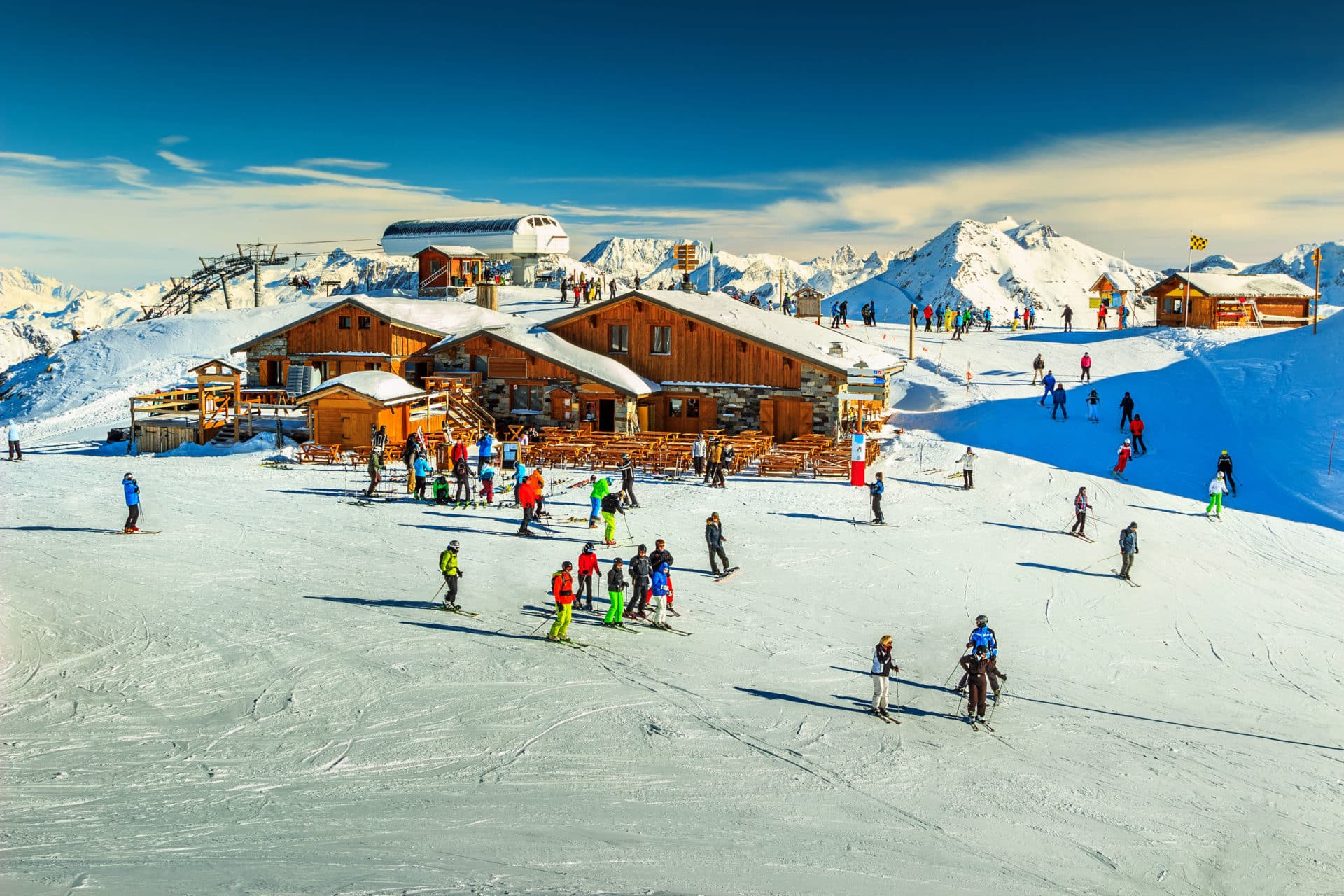Free Consultation
Free Consultation

Winter is notorious in the Northeast, and we typically experience a number of major snows annually. However, one benefit to these winters is that our area offers excellent skiing in many locations.
Hitting the slopes is a great way to get some exercise and beat the winter blahs. However, skiing can also be very dangerous, and some accidents can result in debilitating or even fatal injuries. For example, traumatic brain injury.
Should you be seriously injured while skiing, who is liable for your injuries? Your legal rights will depend on where and how the injury occurred, and whether it was due to the inherent risk of skiing, or to the failure of the resort to meet the duties of care owed to customers.
In many cases, injuries are attributed to the inherent risk of skiing, and the skier assumes liability for having engaged in an inherently risky activity. However, ski resorts still have an obligation to maintain a reasonably safe environment for skiers, and in some cases, it may be possible to hold the resort liable.
Additionally, not all ski resort injuries are related to skiing. For non-skiing injuries, standard premises liability laws apply.
Below, we provide a guide to skiing injury liability, and cover some of the circumstances under which it may be possible to hold a ski resort liable for your injuries.
Most states with substantial ski industries, including New York and the surrounding New England states, have passed laws to prevent skiers or snowboarders from suing the resort when an accident occurs due to the inherent risks of skiing. Groups hoping to promote the industry would call this “fair legislation.”
The exact definition varies by state, but generally the inherent risk of skiing is defined as being “reasonably obvious, expected and necessary” aspects of skiing or snowboarding. These laws protect ski resorts from most claims of negligence.
Generally speaking, injuries occurring due to the following causes are considered to be due to inherent risks of skiing:
Ski laws of most ski states specifically describe how the ski resort is required to do certain things, such as posting signage on trails. For information on the specific laws in New York, the best thing to do is consult with a NY personal injury attorney. He or she will be able to evaluate the circumstances of your injury and determine how our ski laws affect any potential personal injury claim you may be eligible to file.
Importantly, not all of the ski resort’s actions on the ski slope fall under the inherent risks of skiing. The resort is responsible for maintaining reasonably safe conditions, and avoiding preventable hazards.
While the below may not always apply, the inherent risk of skiing may not include factors such as:
Let’s use bumpers on ski lift posts as an example. If you collide with a ski lift post and the state requires that bumpers are installed on chairlift poles, the ski laws would not bar you from seeking damages for injuries resulting from this accident. Assuming, of course, that the injuries could have been prevented by the presence of bumpers.
Again, if you believe that an injury sustained at a ski resort may have been caused by the resort or one of its employees, the smartest thing to do is consult with a local personal injury attorney.
Of course, many ski resort injuries are not related to skiing. For these injuries, liability will work just like any other business.
For example, if you slip and fall on the sidewalk, in the lodge, or even while walking along the bottom of a ski trail on the way to a lift, the ski resort may be liable. This type of injury claim would be filed as a standard premises liability or “slip and fall” claim.
The truth is that ski injuries are an unfortunate reality of skiing, and they’re always going to happen. In many cases, these injuries occur due to the inherent risks of skiing, and the resort can’t be held liable. However, if you believe that your injury was caused by the resort or its employees, you may be able to file a personal injury claim.